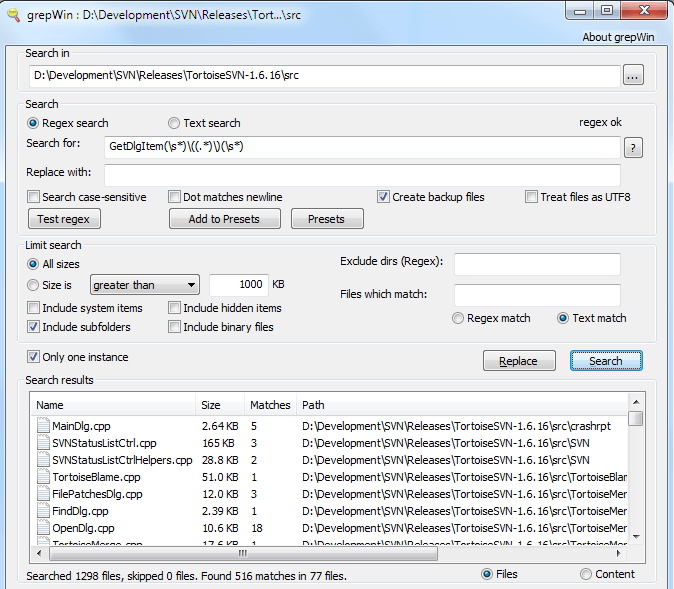
The grep command can be utilized to search for files and their contents to retrieve important information. All these are Linux tools for searching through your files, including text in a repetitive manner. The grep utility, which we will be getting our hands on today, is a Linux tool related to the egrep and fgrep tools. It is among the most useful commands for programmers and sysadmins on Linux and Unix-like systems.

In other words, the grep command looks for lines in a given file that match the provided strings or words. It is used to look for text and strings within a file. Grep is a fundamental command in Linux and Unix. It is a helpful tool that Linux system engineers use when looking for a text or pattern in ordinary files and the system. You may overwrite or append the result to a file, depending on your requirement.Grep is a short form for global regular expression print. It is very useful to look for specific strings from files that are updated regularly, such as server logs, and filter the result to another files.
USE GREP TO SEARCH FOR TEXT IN FILES HOW TO
In this article, we have looked at how to save output of grep command to file. Now, every day at 10am grep command will search data.txt for “test” string and append the output to result.txt file. 0 10 * * * sudo grep "test" /home/data.txt > /etc/result.txt $ crontab -eĪdd the following line to run the above grep command every day at 10 am. If you want to automate this task, you can simply create a cronjob for it. In this case, the result of grep command will simply be appended to result.txt.
USE GREP TO SEARCH FOR TEXT IN FILES FULL
In the above statement, if you do not specify full file paths grep will look for these files in your present working directory. Here is an example to search “test” in our file /home/data.txt and append to file /etc/result.txt $ sudo grep "test" /home/data.txt > /etc/result.txt In the above statement also you need to specify search string, path of the file to be searched (old_file_path) and path of the file (new_file_path) to which you want to append the grep result.

$ sudo grep search_string old_file_path > new_file_path In this case, we will append the result of grep command to new file, instead of overwriting it, using > operator, instead of using > operator.

If you only want to append the grep result to this file, follow the steps below. Also, its content will be completely overwritten with the result of grep command. Also if the destination file result.txt does not exist, it will be newly created. Here is an example to search “test” in our file /home/data.txt and write to file /etc/result.txt $ sudo grep "test" /home/data.txt > /etc/result.txt In the above statement, you need to mention search string, the file where you want grep to search (old_file_path) and the file where you want grep to write the result (new_file_path).

Here is the syntax $ sudo grep search_string old_file_path > new_file_path You can easily write grep output to another file using > operator. Here is how to save grep output to file in Linux. In this article, we will look at a couple of ways to easily save grep output to file in Linux. Sometimes you may need to write grep output to file in Linux for later use.


 0 kommentar(er)
0 kommentar(er)
